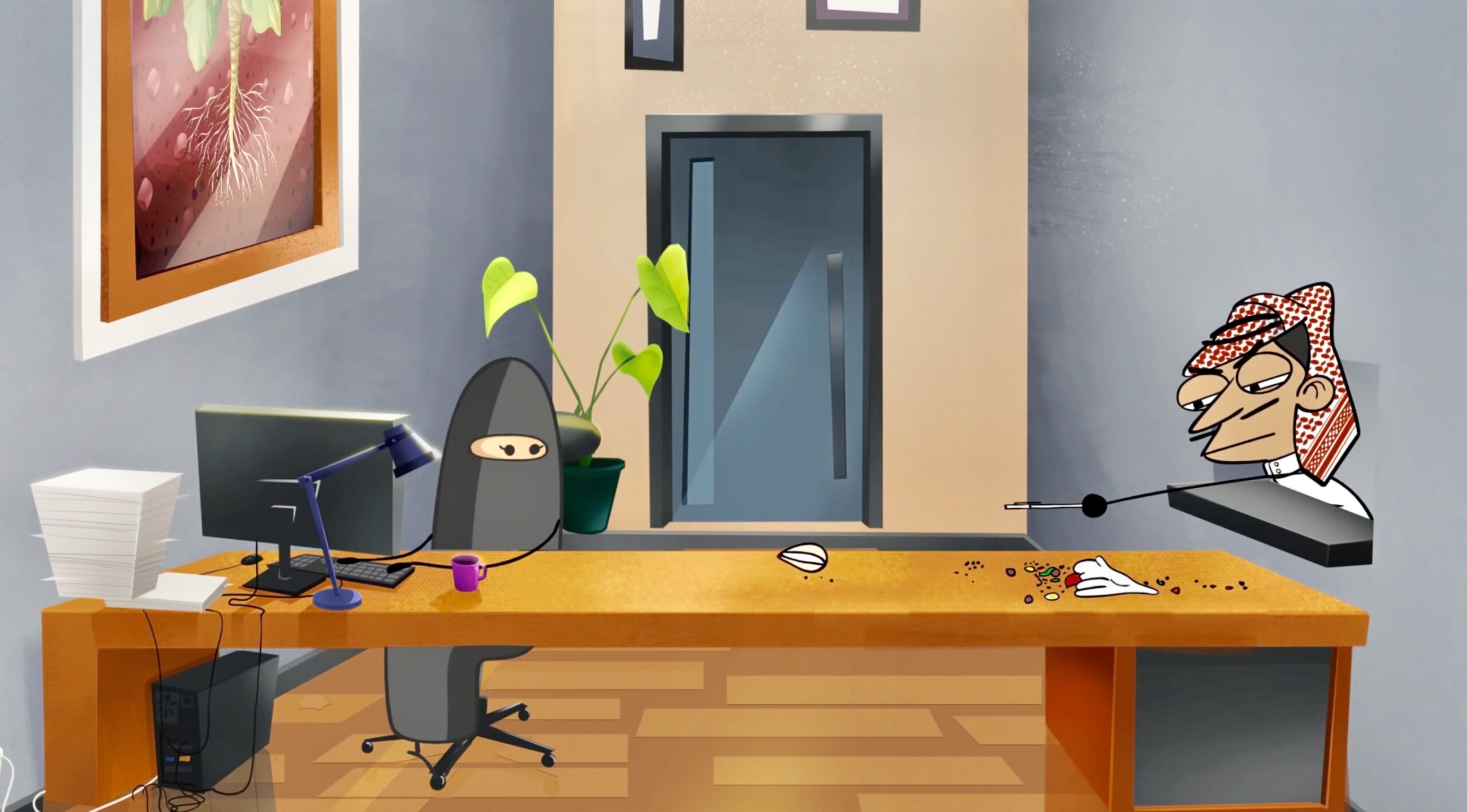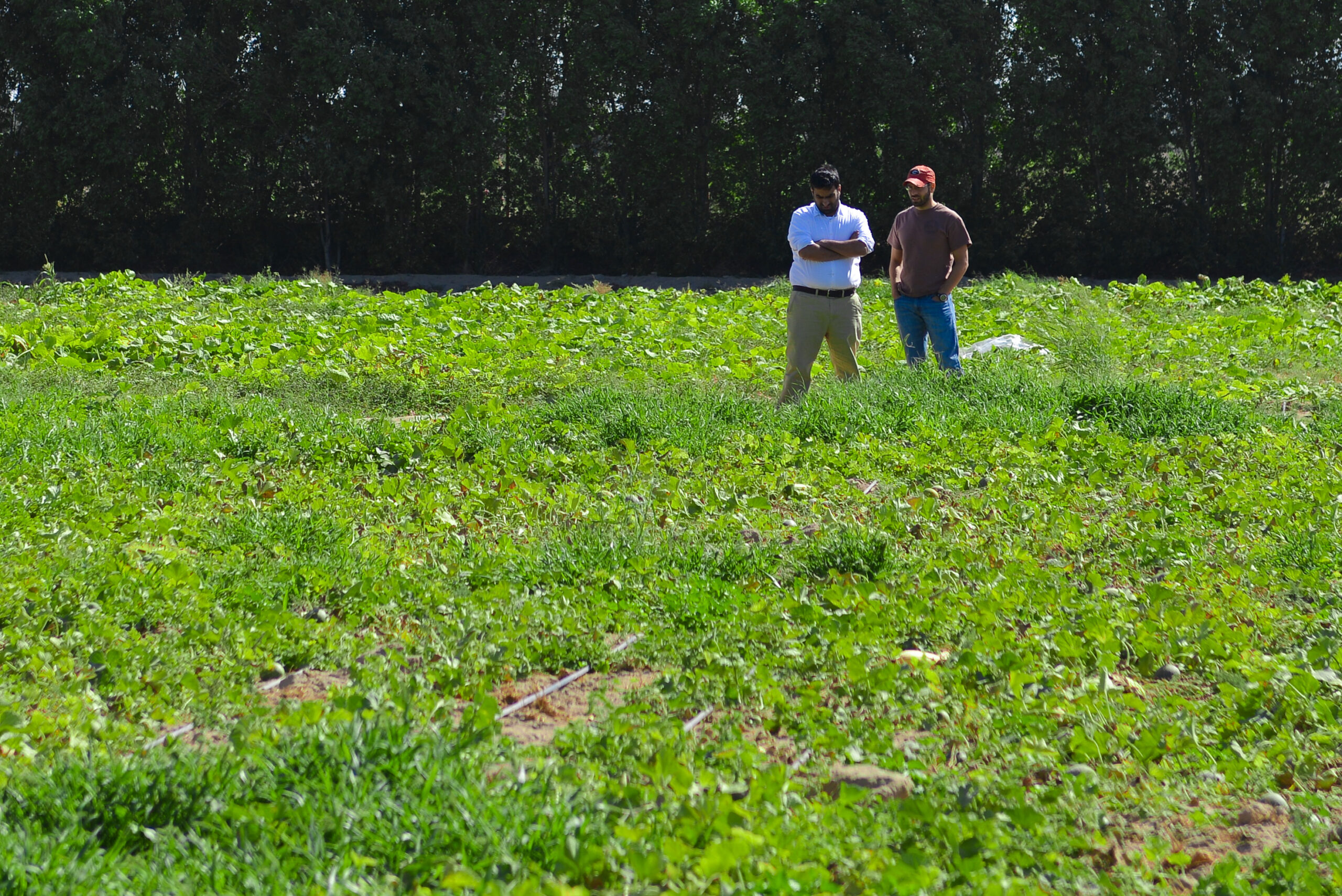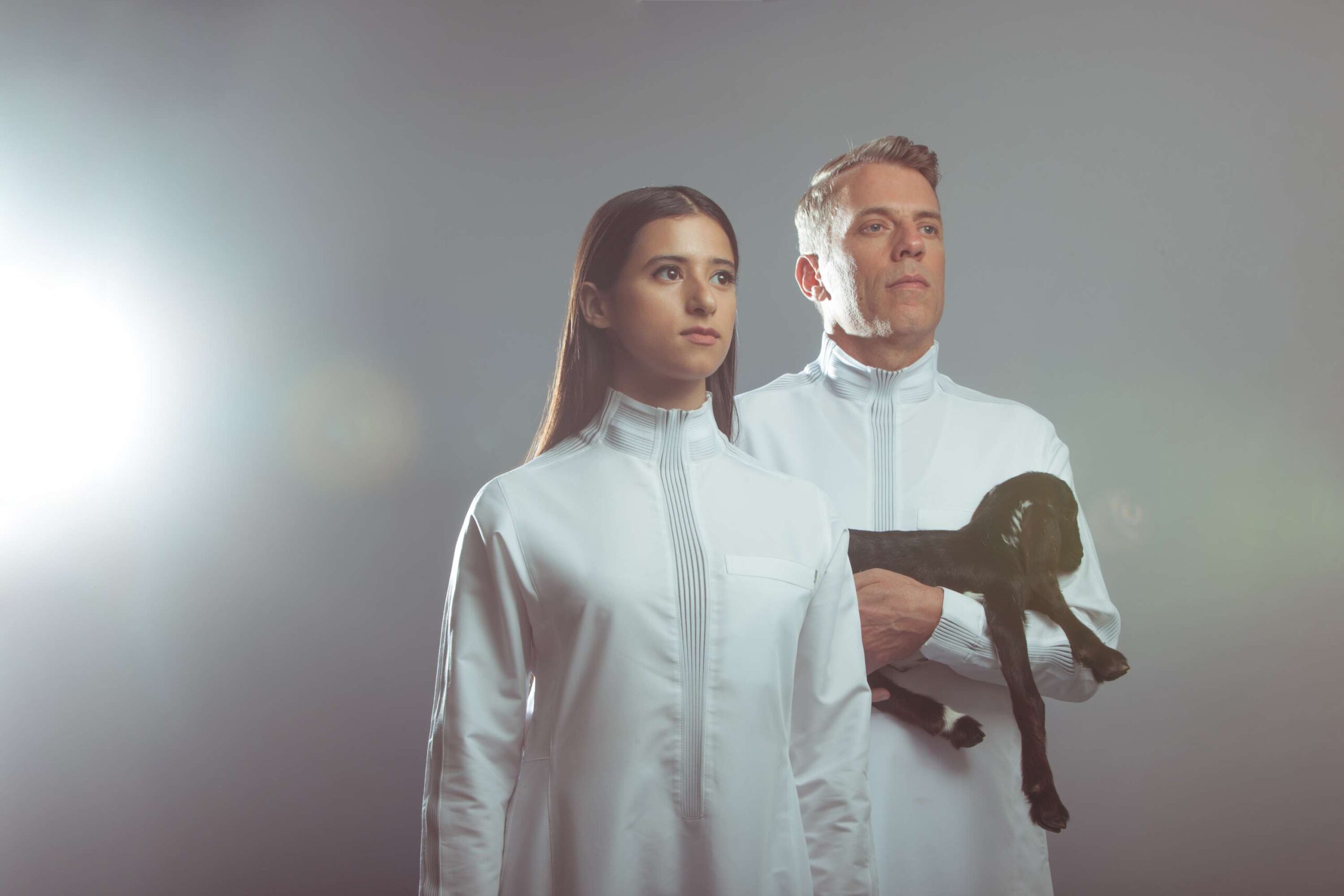Animation in Saudi Arabia: Shifting the Entertainment Agenda
Malik Nejer is one of Saudi Arabia’s top cartoonists and force behind the hit animated YouTube series, “Masameer.” He was drawing animations for an advertising agency, while producing animated videos for YouTube on the side, when floods claimed the lives of over a hundred people in Jeddah in 2009. Nejer posted an animated video for...

Malik Nejer is one of Saudi Arabia’s top cartoonists and force behind the hit animated YouTube series, “Masameer.” He was drawing animations for an advertising agency, while producing animated videos for YouTube on the side, when floods claimed the lives of over a hundred people in Jeddah in 2009. Nejer posted an animated video for his little-known YouTube channel mocking the corrupt management of the devastating floods. The video went viral in just a couple of hours. Today, Nejer has a million Twitter followers, the fourth most subscribed YouTube channel in Saudi Arabia, and a successful animation production company, Myrkott Studio, which he founded in collaboration with other Saudi artists. AGSIW caught up with Nejer after he spoke at Saudi Arabia’s first Comic Con to discuss his personal journey, the state of animation in the kingdom, and Saudi Arabia’s emerging entertainment culture.
AGSIW: How did you become interested in animation? Are you self-taught?
Malik: I am self-taught. Ever since I was little, I was very interested in cartoons and I’ve always wondered how they make them. I used to draw as a child and my drawing skills became better over time. I’ve learned that making animation is a hard thing to do, but fortunately, I began at a time when computers and technology were on the rise. I mainly used resources online to learn; lectures on YouTube and DVDs taught me animation.
AGSIW: I have heard your series “Masameer” described as the Saudi “Family Guy.” What was your inspiration for this series? What are the main issues you seek to address?
Malik: American cartoons such as “Family Guy,” “South Park,” and “The Simpsons” inspired me. I try to address local issues that arise in our society. We try to mock many social issues from the way the government functions to the way certain beliefs are spread through society. We even make fun of ourselves sometimes. That’s basically the purpose of comedy – it is to present things that are disturbing or annoying in real life and learn how to use them for our benefit.
AGSIW: While “Masameer” is narrated in Saudi dialect, it also has English subtitles. Are you trying to engage a Western audience?
Malik: The show is mainly designed for the Saudi and Arab audience. However, we have received many requests over the years from people who can’t speak Arabic demanding subtitles. The reason is because I think it requires a lot of cultural background to be able to fully understand “Masameer.” Some of the jokes are easily understandable, but in order to enjoy the complete experience of the series, you need a lot of background information about how the society works. In short, the show was not designed for an international audience; it was designed for a local audience, but when we added subtitles we discovered that many people were actually into it from the West.
“Masameer,” a series by Myrkott Studio
AGSIW: You directed the short film “Death Twice,” which addressed the issue of suicide bombers. Would you talk about how you are using animation as a tool to raise awareness about terrorist and extremist groups among the youth?
Malik: Art is a tool that you can utilize to fight extremist ideas. When we created this film, we wanted to show that sometimes people out of bad luck end up being terrorists. What creates a terrorist is not skin tone or gender, but rather a person’s ideas. This was one of the themes we wanted to address with the short film. Also, terrorist organizations tend to use effective tools to persuade people, so we thought of creating this movie not as a comedy but as a depiction of reality. Our message was to reveal that there are a lot of normal, sane Muslims out there who are not terrorists and are just normal people – like Ben Affleck said, who “just want to have sandwiches,” who get affected by such horrific acts but do not engage in them.
AGSIW: How collaborative is your work? Is there animation talent in the kingdom? Are there informal ways to learn the craft or institutions that teach it?
Malik: I am part of a studio with 17 to 18 members who all work full time; nearly half are young Saudis. Sometimes we get bigger projects that surpass our capacity so we collaborate with other studios around the world. As for the formal/informal ways of learning, it is a little bit difficult to have quality education that can actually set you up to be a very good animator. There are institutions that teach animation as part of a wider discipline but nothing focused on animation as a craft or focused on preparing professional future animators. Saudi Arabia is lacking in this area; hopefully that will change in the future.
AGSIW: The first Saudi Comic Con took place in Jeddah a few weeks ago and you were one of the main speakers. Does this reflect a new openness to entertainment culture on the part of the government and the broader population? What obstacles remain?
Malik: I think there’s a big change happening in Saudi Arabia when it comes to the government. I think the government is becoming more liberal and open minded. The economy could be the simplest way of explaining this. In order to have a thriving economy, you need to have a culture that is similar to any other thriving culture in the world. However, as a conservative society, we have a lot of people who aren’t happy with the entertainment advances that are emerging in the kingdom. But I think this is a normal reaction to being under strict religious laws for more than half a century. Change is going to happen. It’s not as much as I wish it to would be, but it is happening, and I think the first Saudi Comic Con was an excellent example of this kind of change. Who would’ve thought that there would be a Comic Con festival in Saudi Arabia?
I think the government has a sound idea of what needs to be done in terms of entertainment. The challenge is how fast can our conservative society adapt to this change of attitudes toward entertainment. For example, during Comic Con many Saudis started Twitter hashtags that condemned Comic Con and described it as a “devil’s worshiper gathering.”
Many Saudis go to Dubai to engage in entertainment activities, while they refuse to have the same form of entertainment in Saudi Arabia because of their perception of Saudi Arabia as a holy country. Mecca is a holy city, but the rest of the country isn’t. The government has changed in the past year for the better, now it’s all about how society can accept the change.
For more information, visit Myrkott Studio’s YouTube channel.
The views represented herein are the author's or speaker's own and do not necessarily reflect the views of AGSI, its staff, or its board of directors.




